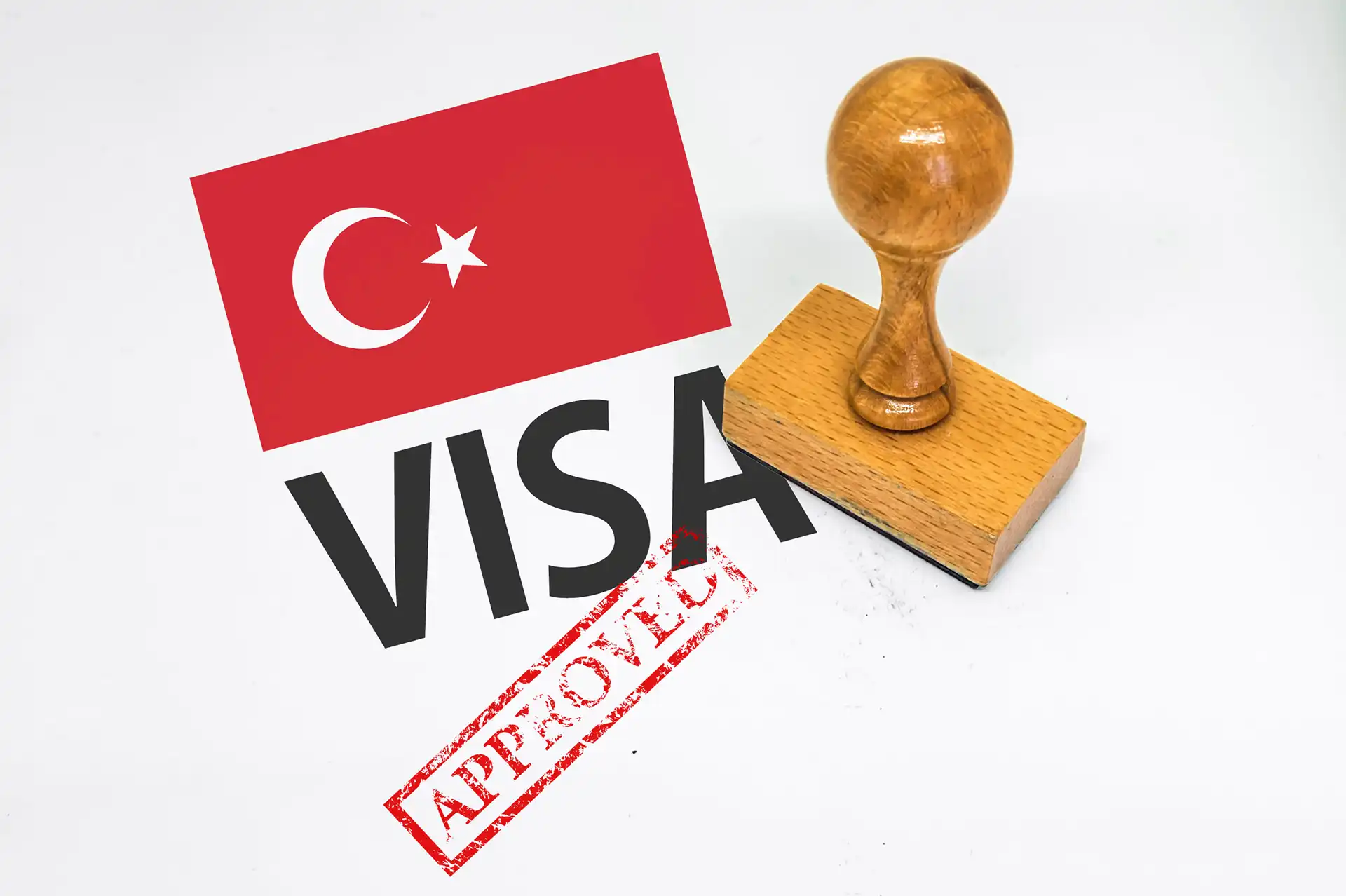

Croatia
Croatia passport ranking
The Croatian passport is currently ranked 8th place on the Guide Passport Index. It provides visa-free access to 184 countries. With a high mobility score it is one of the best ranking passports in the world. Croatian passport holders have visa-free access and visas on arrival to countries such as United Kingdom, United Arab Emirates, Japan and the entire European Union. This allows almost instant travel opportunities worldwide. Croatian passport holders do however require a visa to enter about 45 destinations in the world. Some countries where a visa is required are India and the United States.
Croatia Passport Ranking
The Croatia passport ranking relative to other global passports is calculated by adding up the number of countries that allow Croatia passport holders to enter without a visa (i.e. visa-free countries) and those that allow Croatia passport holders to enter by obtaining a visa on arrival (i.e. visa-on-arrival countries) or electronic travel authorization (eTA). There are currently a total of 141 Croatia passport visa-free countries, 30 Croatia visa-on-arrival countries, and 13 eTA destinations.
Altogether, Croatia passport holders can enter a total of 184 destinations—either without a visa, through a visa on arrival, or via an eTA. As a result, the Croatia passport ranks 8 in the world.
Separate from these Croatia visa-free countries and visa-on-arrival countries, there are 45 additional destinations in which Croatia passport holders either need a physical visa to enter or an eVisa (i.e. visa required countries).
About Croatia
The Republic of Croatia consists of 20 counties and is part of the European Union. The most important provinces are Zagreb, Split-Dalmatia, and Osijek-Baranja. The nation is situated in Southeastern Europe, bordering Slovenia, Hungary, Serbia, and Bosnia and Herzegovina. Croatia is the 26th largest country in Europe with a surface area of 56,594 square kilometers. Its climate is mostly Mediterranean and temperate. The terrain is diverse with low mountains and highlands close to the Adriatic coastline and flat plains on the Hungarian border.
The overall population is over 4 million people, making it one of the least populous countries in the European Union. The capital of the country is Zagreb, which is also the most populated city with around 804,000 inhabitants. It is followed by Split and Primorje-Gorski. The largest airport is Zagreb Airport (ZAG) with 3,4 million annual passengers. Split Airport (SPU) is the second biggest airport with 3.3 million yearly passengers. Both airports together cover domestic and international routes connecting Croatia to the European Union and the Middle East.
Croatian culture is influenced by a mix of Roman, Byzantine, and Balkan cultures. The Roman Catholic Religion is predominant. The official language is Croatian. The legal system is based on civil law, influenced by Austro-Hungarian heritage. The government type is a parliamentary republic. The chief of state is the elected President Zoran Milanovic and the head of government is the elected Prime Minister Andrej Plenkovic.
The official currency is the Croatian Kuna (HRK) with the current exchange rate being KRN 7.01 to the USD. The country has an open economy, generating a GDP of approximately $78 billion. Its citizens have a per capita income of $20,537. The GDP is mostly made up of 2 key sectors, which are services and industry. A major GDP contributor with 19.6% is the tourism industry. Some of the most important export products are wheat, corn, barley, sugar, chemicals, and machine tools.
Croatia is a widely loved tourist destination and is ranked among the 20 most popular tourist destinations in the world. There are 10 UNESCO World Heritage sites around the country. Some of the major destinations include Dubrovnik, the Diocletian Palace, Hvar, Plitvice Lakes National Park, and Rovinj. The nation has a total of approximately over 19.7 million tourists visiting every year with the majority originating from Europe and its surrounding countries.










































